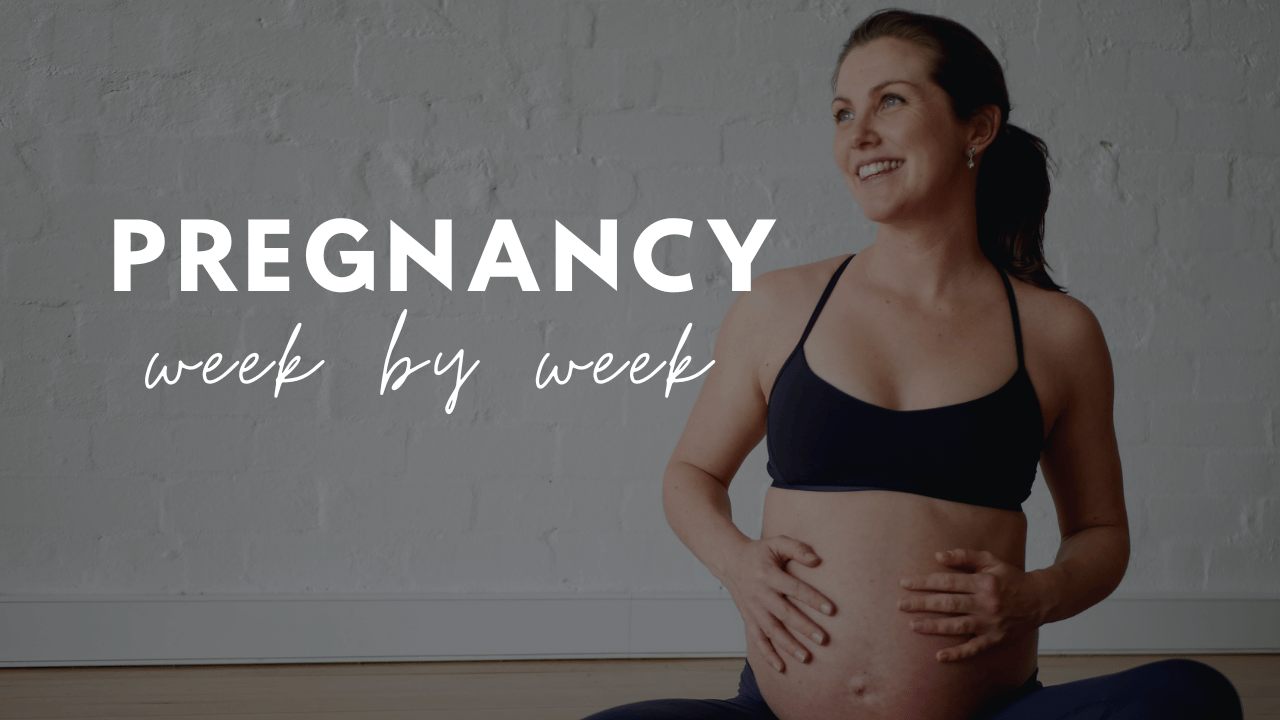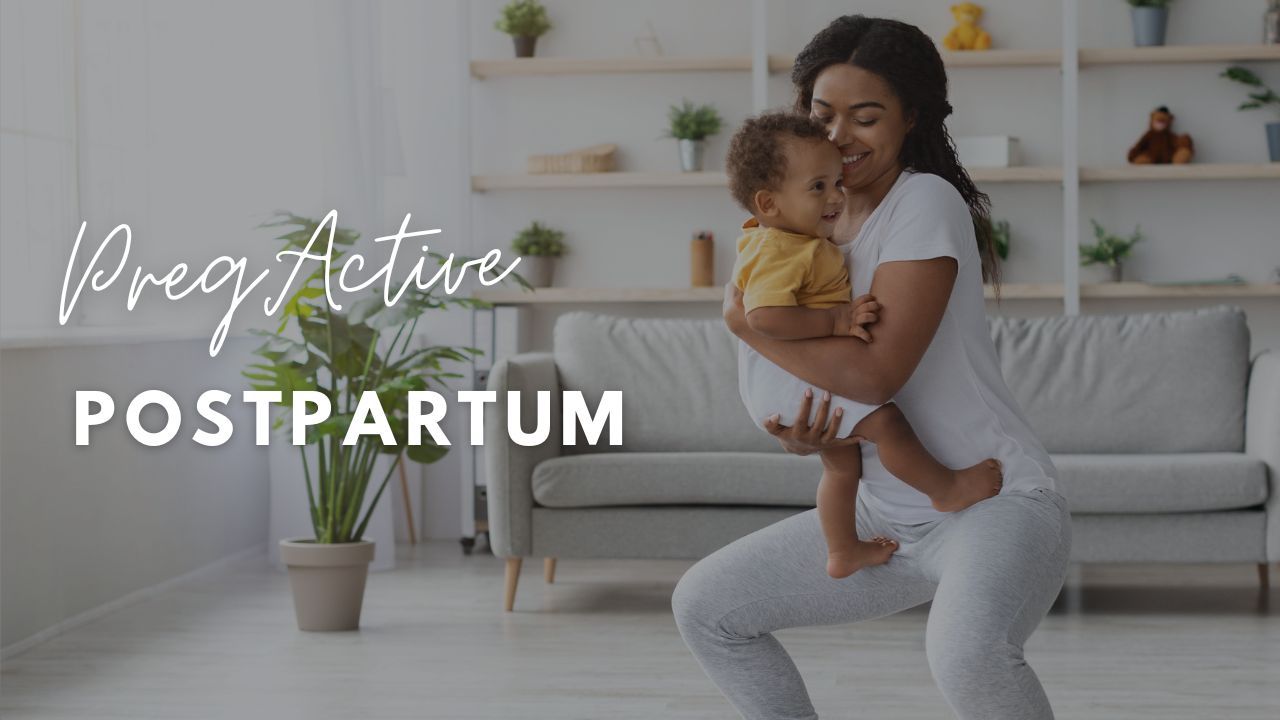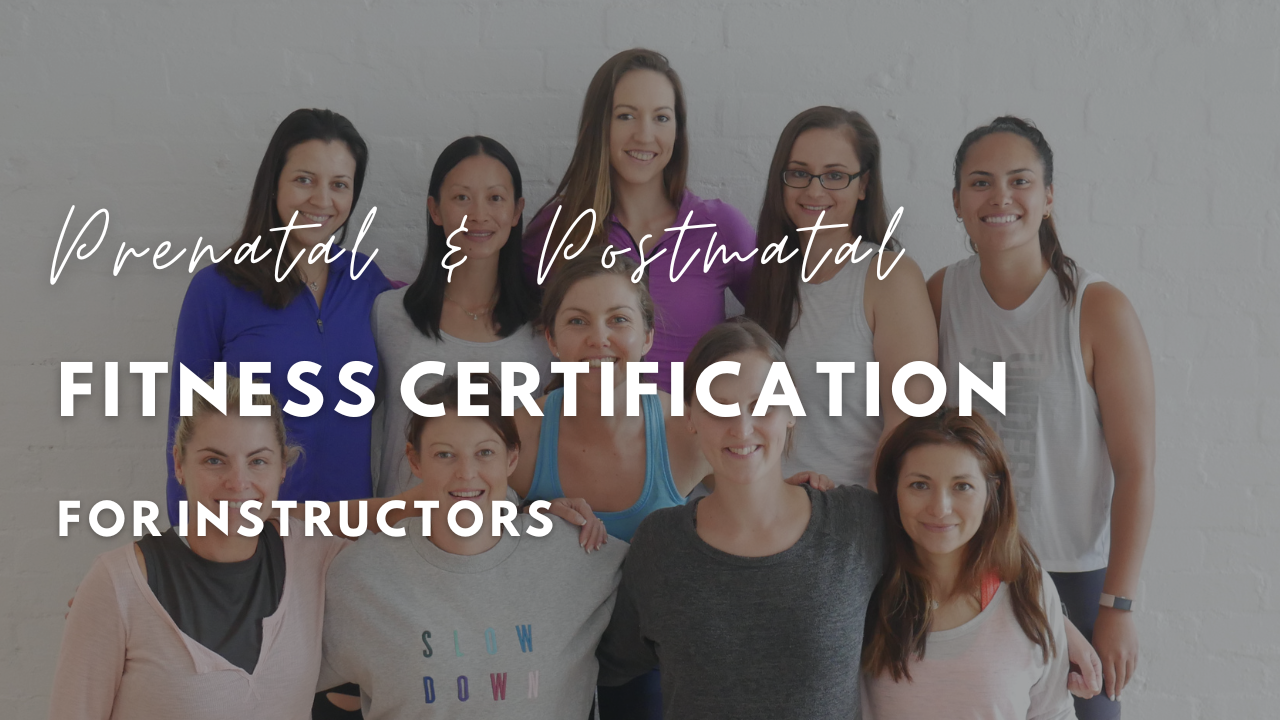Prenatal Exercise and Your Mental Health

Prenatal Exercise and Your Mental Health
Can exercising when pregnant improve your mental health? Yes, absolutely! I loved working out when I was pregnant and what I did throughout my pregnancy has definitely helped me to enjoy a speedier postpartum recovery.
Prenatal exercise is a proven, prescription-free antidepressant.
ACOG and RANZCOG
In 2025, ACOG, RANZCOG, and the American Psychiatric Association all list moderate movement as a first-line treatment for prenatal anxiety, depression, and mood swings.
There are many ways exercise can positively impact on your physical and mental wellbeing. For starters, exercise can help boost your mood, calm you down, and potentially even prevent depression.
Today, we're diving into pregnancy workouts and how they can keep you fit and happy during this incredible journey.
Many expectant mothers struggle with mood swings and physical discomfort, which can make staying active feel challenging. Hormonal changes can affect our mood, energy levels, and even our motivation to exercise.
Top 5 Mental Health Benefits of Pregnancy exercise

How Exercise is Good for Your Pregnant Brain

What to do When Overwhelmed when Pregnant
1. Box Breathing (1 min) In 4 → Hold 4 → Out 4 → Hold 4
2. Wall Push-Ups (1 min) 10 slow reps → feel chest + arms wake up
3. Seated Cat-Cow (1 min) Arch + round spine → release tension
4. Side Stretch (1 min/side) Reach arm overhead → open ribs
5. Gratitude Scan (1 min) Name 3 things you feel (bump, breath, feet on floor)
Physical Demands of Pregnancy
It's common to feel overwhelmed by the physical demands of pregnancy, from back pain to swollen ankles. As a result, it's easy to fall into a sedentary lifestyle, which can exacerbate feelings of fatigue and anxiety.
But it's essential to remember that exercise is not only safe during pregnancy, but it's also beneficial for both mom and baby. Regular physical activity can help alleviate discomfort, boost mood, and even prepare the body for labor.
So, let's talk about how to make exercise a priority during this critical period.
Listen to Your Body
When it comes to pregnancy workouts, it's crucial to listen to your body and modify exercises as needed. Gentle stretching, yoga, and swimming are all excellent options that can help maintain flexibility, strength, and cardiovascular health.
These low-impact activities can also reduce the risk of injury and alleviate discomfort associated with pregnancy. Additionally, Kegel exercises can help strengthen the pelvic floor muscles, which is essential for supporting the baby's weight and preparing for childbirth.
Let's explore various safe and effective exercises that can help you maintain fitness, alleviate discomfort, and enhance your overall well-being during pregnancy.
Types of Exercises
Squats, for example, can help strengthen the legs and glutes, which is essential for carrying the added weight of pregnancy. Modified planks can also help build core strength, improve posture, and reduce back pain.
And let's not forget about the importance of pelvic tilts and bridges, which can help stabilize the pelvis and alleviate pressure on the lower back.
One of the most significant benefits of pregnancy workouts is the opportunity to connect with your body and prepare for motherhood. By staying active, you can build confidence, develop a sense of empowerment, and foster a deeper connection with your baby.
Functional Exercises
It's essential to focus on functional exercises that mimic daily activities, such as carrying groceries, lifting, and bending. These exercises can help improve overall fitness, enhance flexibility, and reduce the risk of injury.
Discover the key benefits of these workouts, including improved energy levels, reduced anxiety, and a smoother labor experience. Regular exercise can also help reduce the risk of gestational diabetes, hypertension, and preeclampsia.
More Benefits
Moreover, staying active can improve sleep quality, boost mood, and enhance overall physical and mental well-being.
By incorporating targeted workouts into your pregnancy routine, you can set yourself up for a healthier, happier you – and a stronger, more resilient body for motherhood.
In addition to physical benefits, pregnancy workouts can also have a profound impact on mental health.
Exercise has been shown to reduce symptoms of anxiety and depression, improve mood, and enhance overall cognitive function.
By staying active, you can develop a sense of control and empowerment, which is essential for navigating the challenges of pregnancy and motherhood.
Benefits for Childbirth
Pregnancy workouts at home can also help prepare the body for labor and childbirth. By strengthening the muscles used during delivery, you can reduce the risk of complications and make the birthing process smoother and more efficient.
Additionally, staying active can help improve overall physical fitness, which is essential for caring for a newborn.
In summary, incorporating targeted workouts into your pregnancy routine can significantly enhance both your physical and mental health.
By staying active, you can build confidence, develop a sense of empowerment, and prepare your body for the challenges of motherhood.
How Does Exercise Boost Your Mood?
There have been countless research studies that have shown exercise is beneficial for your mental health.
The Positive Link Between Exercise and Mood
- Exercise increases your level of endorphins, which are natural mood lifters.
- Exercise helps chronic depression by increasing serotonin.
- Exercise reduces immune system chemicals that can make depression worse.
- Exercise helps by getting your sleep patterns back to normal.
- Exercise limits the effect of stress on your brain.
Appropriate Prenatal Exercise is the Goal
The exercise you do should not be high-intensity, high impact, exhausting exercise. Because when pregnant, this is the last type of exercise you want to include in your weekly workouts.
Instead, your workouts should avoid high-intensity movements, high impact exercises and any moves that require significant balance. This is why you won't find any of these exercises in my workouts.
Light to Moderate Exercise during Pregnancy
A qualified and experienced prenatal exercise instructor understands that there are many benefits to participating in moderate intensity workouts.
Those instructors who push their pregnant clients to exhaustion for extended periods of time, raising body temperature are putting their clients at risk.
So please do your due diligence when choosing your instructor or joining an exercise class.
When it comes to exercise duration, even short bouts of just 10 minutes at a time may be effective for improving mood.
So, if you are struggling with the physical changes you are experiencing, even getting a 10-minute workout can provide you with some positive benefits.
Enjoy the Social Connection
What's even better is exercising in groups because you experience a social connection and a sense of community. I have seen this firsthand from women participating in my prenatal classes and then socializing afterwards.
If you can't get to a group class, then try walking with a friend a few times each week.
What Types of Exercise?
You need to find a mode of exercise you enjoy so that you continue to do it throughout your pregnancy and also after childbirth.
During pregnancy, there are many exercises that you must avoid. Also, some of the sports you may have once played will now become potential hazardous to both you and baby.
In other words, your priorities have changed and so must the way you exercise. You must make modifications to your workouts to ensure they are safe for both you and baby.
Activities such as road cycling, horse riding, or one of many contact sports must now be avoided.
How Much Should You Exercise?
Ideally, you should aim to workout 3-5 times each week. Completing a 20-minute workout is sufficient. The key is to select a workout that is recommended for pregnancy and that is also appropriate for your current fitness level.
This is why prenatal yoga and Pilates workouts are recommended. Both provide a positive impact on your mental health due to the relaxation components.
Takeaway
There are numerous reasons why you should exercise when pregnant. Besides the physical benefits, exercise can improve your mental health.
Your prenatal workouts must take into account your body changes each trimester and as a result, you must modify your workouts as you progress deep into your third trimester.





